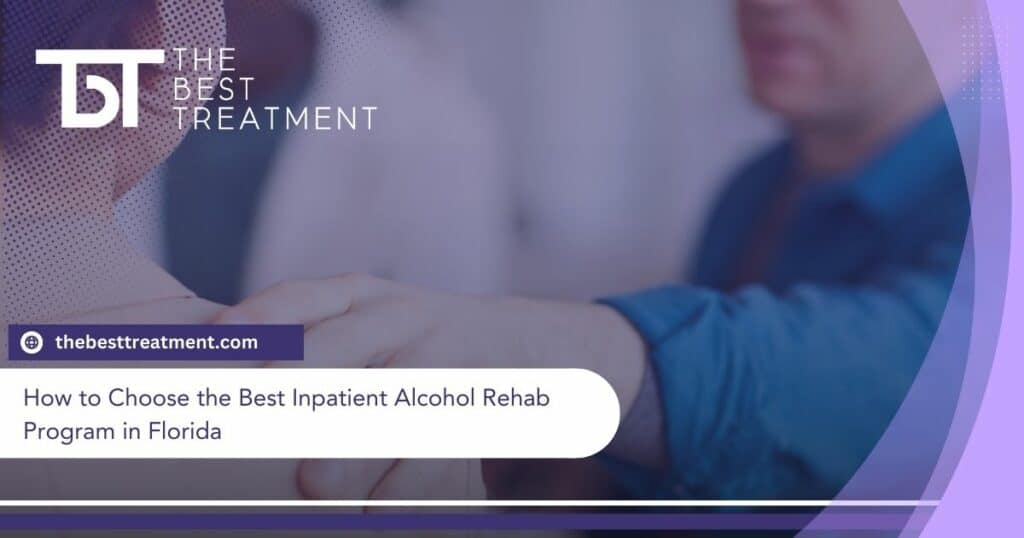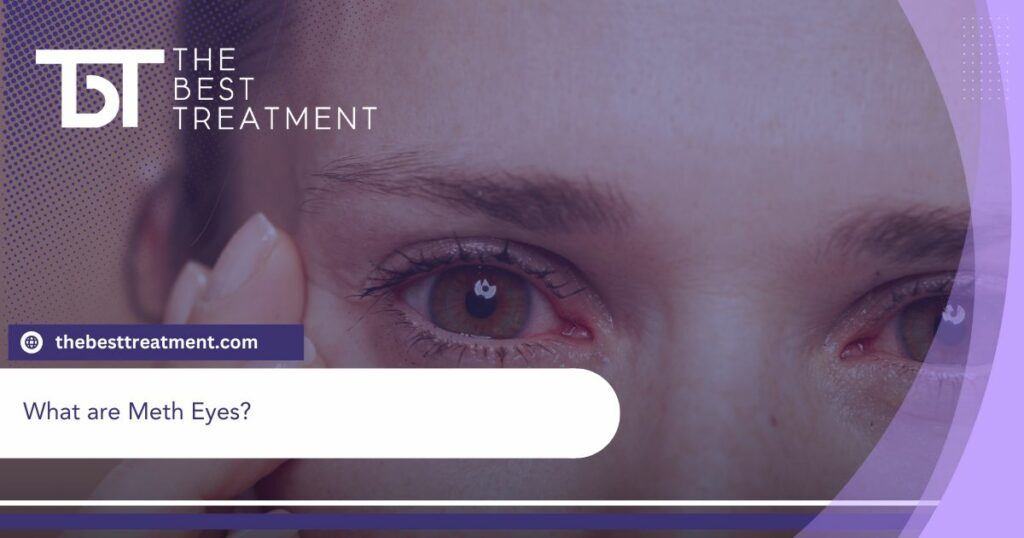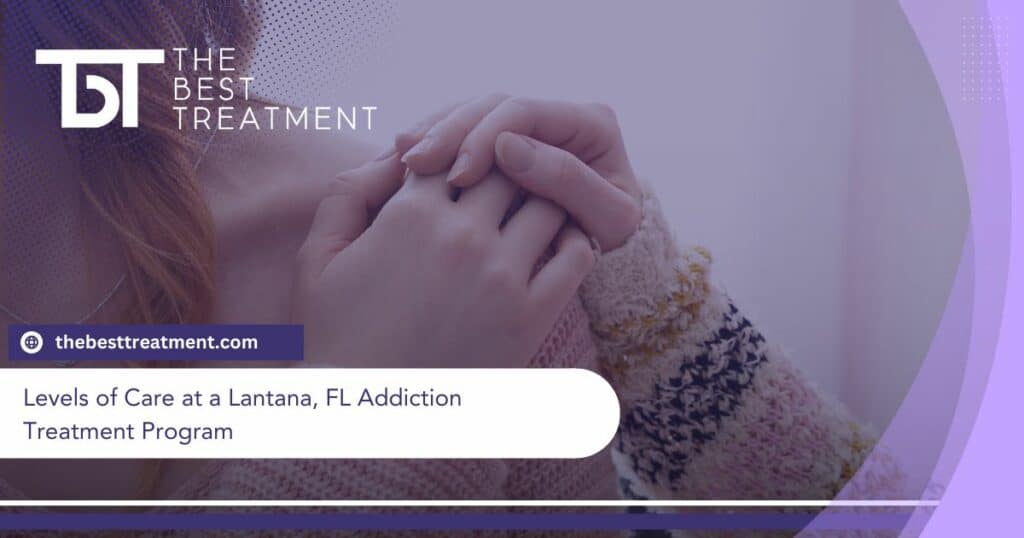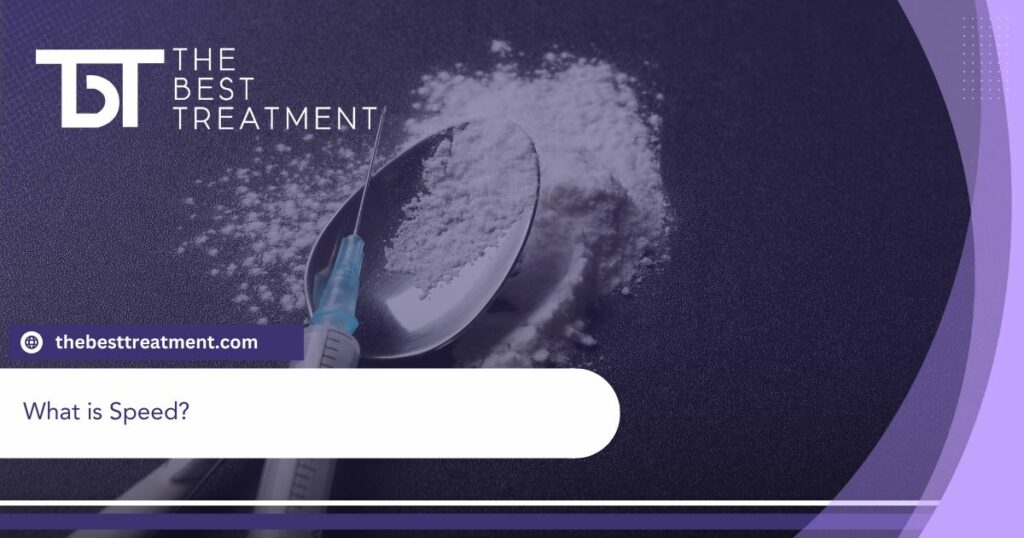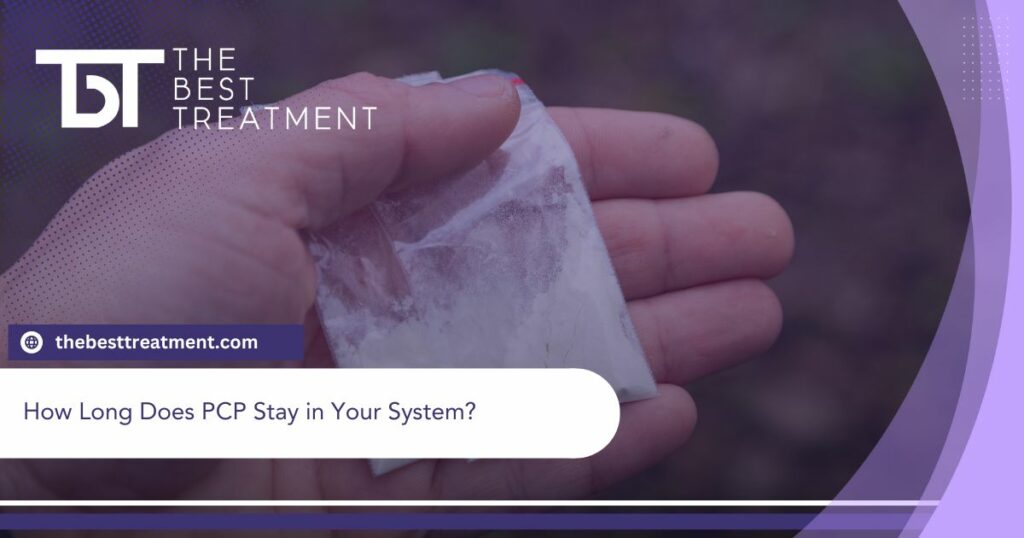Table of Contents
Does Moderation Work After Sobriety?
For anyone who has went to rehabilitation for drugs and alcohol, we at The Best Treatment Center teach complete abstinence. This is what most treatment programs for drug and alcohol addiction treatment teach. The method of abstinence involves completely avoiding substance use and abuse at all times. This treatment methodology has been held as the only way to resolve addiction.
For those who are battling addiction, they will likely be able to reach their goal of abstaining from alcohol or drugs if they seek and attend a professional drug and alcohol rehabilitation program.
Moderation Management
There is such a thing, can you believe it? So, technically complete abstinence is not the only path people try to take to sobriety. There is a theory out there that drug and alcohol abusers can occasionally return to use without horrible consequences. So, this theory only works for those who are not physically dependent on alcohol or substance. These people should also be the ones who have never suffered horrible side effects from their substance abuse. This theory is less realistic when it comes to drug users rather than alcohol users. It is far more likely to die from one instance of using hard drugs opposed to drinking. Moderation management can be dangerous when used to end certain drug habits. A big reason that many addicts don’t get the help they need, is because they aren’t ready to full out stop using the drugs or alcohol.
In the treatment community and industry, you are never going to hear someone say moderation in recovery works. Treatment views towards substance addiction have changed, back in the 1990s there were about 25% counselors and therapists who thought that an occasional drink in recovery was okay, and more recently in 2012 that number rose to about 50%.
Back in 1994, the Moderation Management organization came around as a controversial club that was now compared to AA being the abstinence-minded program and this the other more “contemporary” option. The founder was Audrey Kishline, she felt her alcoholism was a problem, but not a disease or chronic illness. She thought this would be a great option for others who can make successful turnarounds in their own lives as a part of the MM program.
This program entails a daily inventory of drinking and drug use, and how to see their pattern of use and how to monitor it. There are in person meetings similar to AA, but also online interactive aspects and calendar tracker. The online aspect allows the program to have more flexibility. The MM program has online guides to show the user how much is permissible and there are discussion boards to interact with others in the same situation.
The focus of the program is to see the patterns in substance abuse, and then ask yourself the same questions about why, when, and how do you use. The answers should reveal the core root of the addiction programs, and then work to repairing the issues should lessen the need to drink or the urges to drink can be managed easier.
Other Methods
SMART Recovery is another common program we see when it comes to the treatment for addiction. It still values the aspect of members remaining anonymous. There is no shame involved in SMART Recovery, so labels of addiction aren’t a part of this program. There is no religious aspect of this program, so there is no higher power that holds the members accountable as with AA and NA. Most SMART Recovery members are brought in for the abuse of alcohol, it lines up with alcoholics probably more than drug users. SMART stands for Self-Management and Recovery Training.
The four main principles are:
Creating and sustaining motivation
Managing urges to use
Controlling thoughts, actions, and emotions
Living a well-rounded and fulfilling life
In SMART Recovery, there is no support groups like most other programs. The program is set up in a way that allows the participants to view themselves as recovered the first day they begin and keep that same state of mind moving forward in their journey and life. The idea is the member is constantly battling inward with their urges to use and drug or alcohol addiction.
MAT is medical assisted treatment. This has become increasingly more popular in recent years because of how devastating the relapse rates are for treatment in general. There are many different medications that are made to block alcohol or drug cravings. Those who are receiving any medication are urged to also participate in therapy, so it is a treatment program not just a medical fix.
For these medical assisted treatment programs, the medication if mixed with the drug or alcohol will either immediately make the user sick, or will block the effects of the drug which makes trying to get high or drunk out of their minds because it is no longer a possibility.
There is another program known as HAMS, Harm Reduction, Abstinence, and Moderation Support. It focuses on the lifestyle related causes of alcohol and drug addiction. It recognizes how behaviors are tied with social functions and encourages members to achieve their own self set goals. Some may want to quit drinking completely, where others may just want to scale back but continue to occasionally engaging in substance abuse and maybe just need safer ways to do so. Everyone has their own reasons. In HAMS, it is strongly encouraged to notice how you feel before, during, and after the drug use or alcohol consumption.
As previously mentioned, the only 100% proven way to recover from drugs and alcohol is abstaining completely. If it is a life or death issue, the chances are too great to try and think drinking in moderation is okay, or drug use in moderation is okay. At the end of the day it isn’t. We teach abstinence based therapies at The Best Treatment Center.
If you or someone you know is seeking help for drug and alcohol abuse, we can help. Call us now:
Call us: 1-888-4TBTNOWMedically Reviewed: September 25, 2019

All of the information on this page has been reviewed and verified by a certified addiction professional.





